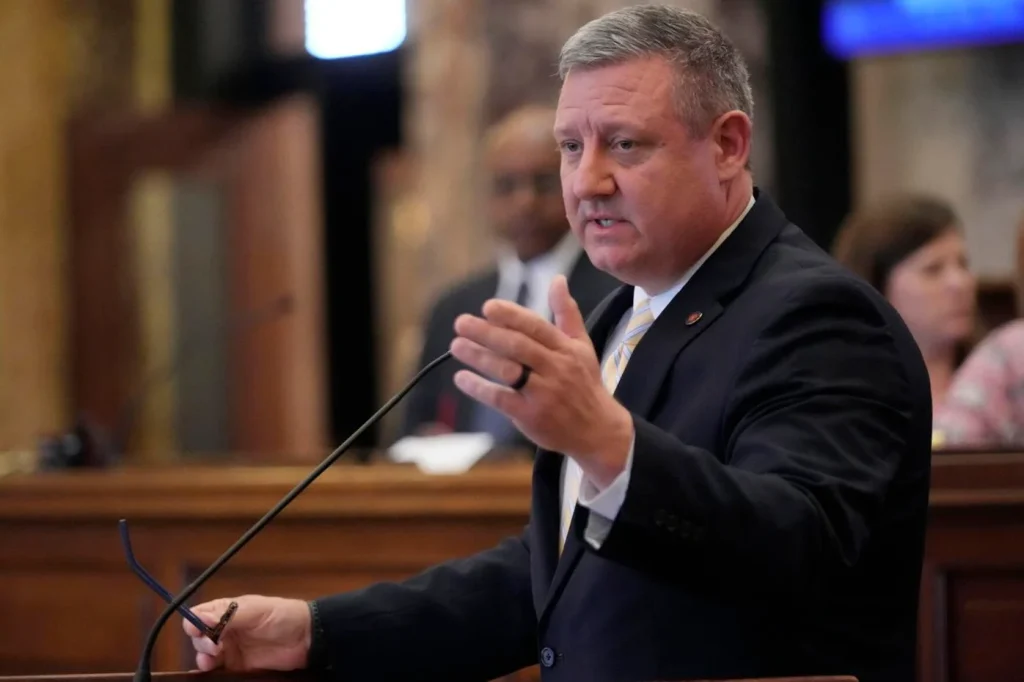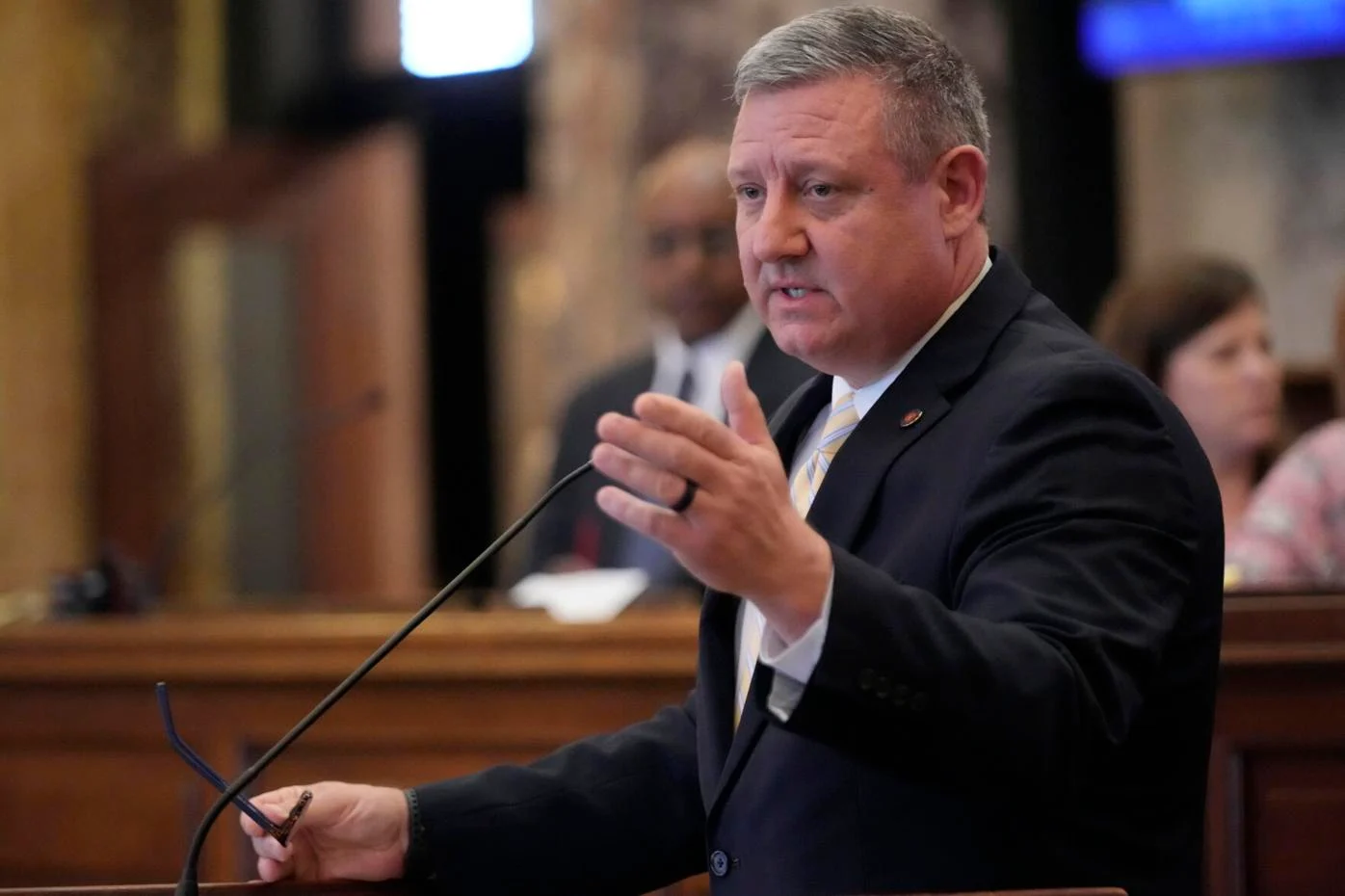In a swift decision on Tuesday, the Mississippi Senate dealt a blow to efforts to revise K-12 education funding, leaving legislators at an impasse. The Senate declined to concur with Senate Bill 2332, effectively killing the only remaining option for funding adjustments. This move followed Senate Education Chairman Dennis DeBar’s reluctance to advance the bill due to significant disparities between the House and Senate’s approaches to school funding.

DeBar cited philosophical differences and the need for additional time to ensure equitable distribution of funds among school districts as reasons for halting progress on the bill. Despite hopes for future collaboration with House members, DeBar signaled a delay in addressing the issue until the next legislative session or possibly even the summer.
In response, the Senate Appropriations Committee moved forward with a bill allocating approximately $2.97 billion to the Mississippi Adequate Education Program (MAEP). Lt. Gov. Delbert Hosemann emphasized the importance of thorough examination and collaboration, indicating a desire for input from stakeholders before settling on a long-term funding solution.
However, members of the House, including Education Chairman Rob Roberson, expressed reluctance to accept any funding proposal that deviates from the House’s INSPIRE Act. With both funding models effectively shelved, tensions between the chambers have escalated, leaving the future of education funding uncertain.
House Speaker Jason White expressed disappointment with the Senate’s decision, reaffirming the House’s commitment to the INSPIRE Act. Despite the looming deadline for approving an education budget, disagreements persist, raising concerns about potential funding shortfalls and the impact on schools statewide.
If a resolution isn’t reached by July, schools risk operating without state funding, prompting discussions of a potential special session to address the issue. However, differing priorities and lack of consensus pose significant challenges to finding a timely solution.
As Mississippi grapples with the complexities of education funding, the impasse underscores the need for collaboration and compromise to ensure adequate support for the state’s public schools.
